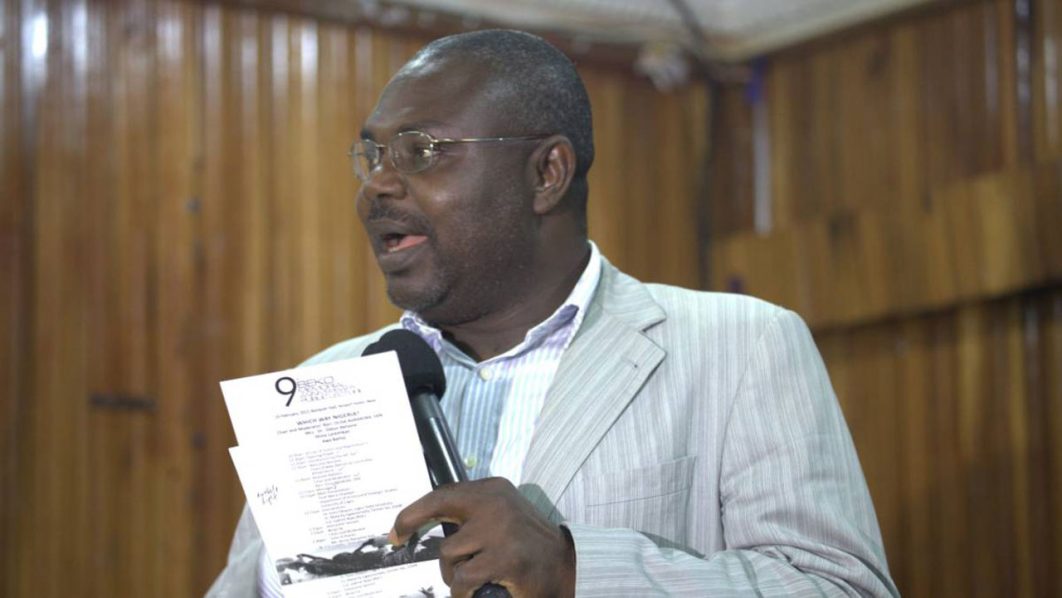
A professor of Political Science at the Faculty of Social Sciences at the Lagos State University (LASU), Sylvester Odion-Akhaine, has called on states to be at the forefront of the development equation in Africa.
He noted that the enormity of the continent’s problems requires capable governments. Odion-Akhaine gave the charge while delivering LASU’s inaugural lecture series 103rd edition titled, ‘Shifting for good: The weapon of empiricism in the disorder of a third wave of democracy in Africa,’ at the institution’s Ojo campus in Lagos.
He stressed that the continent’s problems could not be solved by private capital and philanthropy but that the state must be brought to the table to tackle the challenges.
The don said that to surmount the challenges, inclusivity is required in the composition of the state in Africa, stressing that the continent must transcend its identity politics, which has been a huge obstacle to development.
“For instance, countries like Nigeria, Kenya, Ethiopia and Rwanda are racked by ethnic crises that are counterproductive to the goal of development,” he stated.
Odion-Akhaine, who noted that the economies of many African countries are prostrated with a huge debt burden put at $1.52 trillion as at 2023, said that African states must review the structure of production to change the current trend and eliminate the culture of dependency on forces outside the continent.
“Africa must disengage from extroversion and unleash its productive forces while fostering pan-African trade and cooperation in line with Agenda 2063,” he said.
The political scientist said the international community is an arena of struggle of social forces to create the world in their image, noting that African states must not run away from this contestation, but must produce statesmen like Kwame Nkrumah, Seko Toure, Amilcar Cabral and Thomas Sankara, that are armed with the ‘weapon of theory’ to navigate these tempestuous waters.
The don said there are contradictions and lessons within the third wave of democracy on the continent. According to him, the transition paradigm that guarded democracy promoters, particularly in the West, is underpinned by five basic assumptions. One is that any country moving away from dictatorial rule can be considered a country in transition toward democracy. Second is the sequential motion of democratisation with milestones, such as cracks with the contestation of social forces, regime collapse, and emergence of a new democratic regime through an election, constitutionalisation of democratic institutions, and consolidation of democracy to the point of habituation.
Odion-Akhaine noted that many of the countries that went through transitions were underlined by two syndromes, namely ‘feckless pluralism’ and ‘dominant power politics’, with the former embracing ‘shallow and troubled’ democracies despite trapping of democratic features, and the latter, while permissive of some oppositional vent, is dominated by a single political group in ways that dim the prospect of alternation of power.



